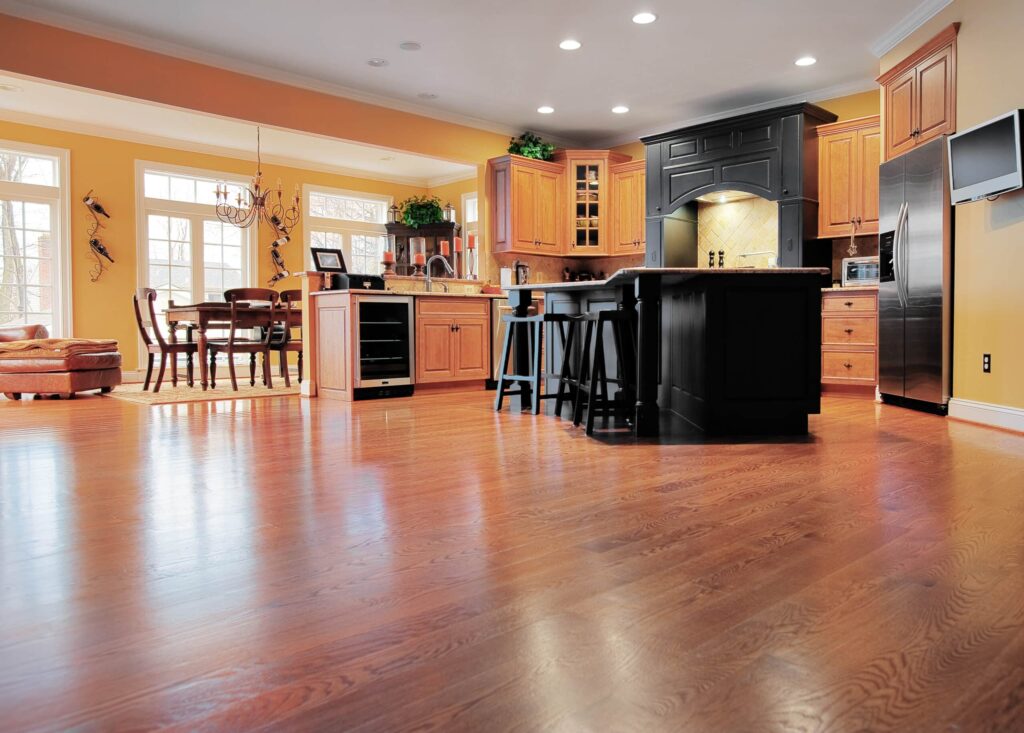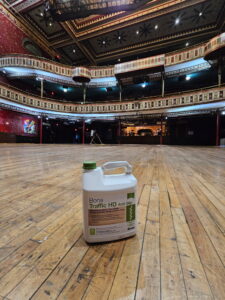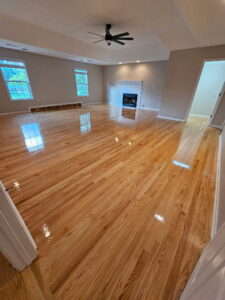In our efforts to create a secure and pleasant living space, we often forget about one important factor: indoor air quality. Our health and wellbeing may be significantly impacted by the indoor air we breathe. Selecting the proper flooring material for our houses is one way to enhance indoor air quality. When compared to other choices, hardwood flooring stands out for its durability and timeless beauty as well as its favorable effects on the quality of the air we breathe. In this article, we’ll examine the connection between indoor air quality and hardwood flooring to see how it makes a house healthier.
- Knowledge of Indoor Air Quality: The term “indoor air quality” describes the state of the air within a structure or house. Polluting agents, allergies, moisture content, and ventilation all have an impact on it. Numerous health concerns, including respiratory disorders, allergies, headaches, and exhaustion, may result from poor indoor air quality.
- Various goods, including paints, adhesives, cleaning supplies, furniture, and flooring materials, are common sources of indoor air pollution. Volatile organic compounds’ (VOCs’) off-gassing is a serious issue because, over time, they may leak dangerous chemicals into the atmosphere. This is where keeping a healthy indoor atmosphere depends greatly on the kind of flooring that is chosen.
- A Fresh Breath of Air: Hardwood Flooring. Numerous advantages of hardwood flooring include enhanced indoor air quality. Let’s examine a few ways that hardwood flooring encourage a healthy home:
- Low VOC Emissions: To dramatically minimize off-gassing, high-quality hardwood floors are often sealed with non-toxic, low-VOC sealants. Because of this, fewer dangerous chemicals are discharged into the air, making your home safer and cleaner for you and your family.
- Allergen Reduction: Hardwood flooring offers a smooth and easy-to-clean surface, in contrast to carpeting, which may trap dust, pet dander, and allergies. Regular sweeping and mopping help remove allergens, lowering the risk of health problems associated with allergies.
- Resistance to Mold and Mildew: The development of mold and mildew may ruin the quality of the air within a building. Hardwood flooring are a better option for houses situated in humid or moisture-prone locations since they are inherently resistant to these problems.
- Hardwood flooring is renowned for its longevity and tensile strength. Hardwood floors may last for generations as opposed to carpeting or other flooring materials that need regular repair, which reduces waste and helps to create a more sustainable house.
- Greater Indoor Air Circulation: Because hardwood floors don’t trap air or obstruct ventilation, they allow for greater air circulation than carpeting or vinyl flooring. This open circulation assists in removing contaminants and preserving cleaner indoor air.
- Natural and environmentally friendly: Hardwood flooring is the best option if sustainability is a priority. Numerous hardwood products come from sustainably managed forests, encouraging environmental protection and lowering your home’s carbon impact.
It’s crucial to take flooring materials’ effects on indoor air quality into account while designing a healthier house. Given its many benefits that help create a cozier, safer, and cleaner home, hardwood flooring stands out as a standout option. For knowledgeable advice on hardwood flooring options, contact Mr. Hardwood. Relax and take pleasure in a gorgeous and secure home!




